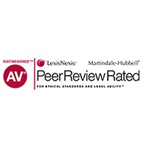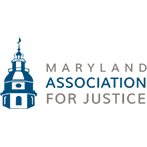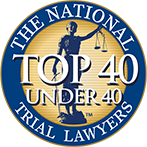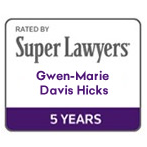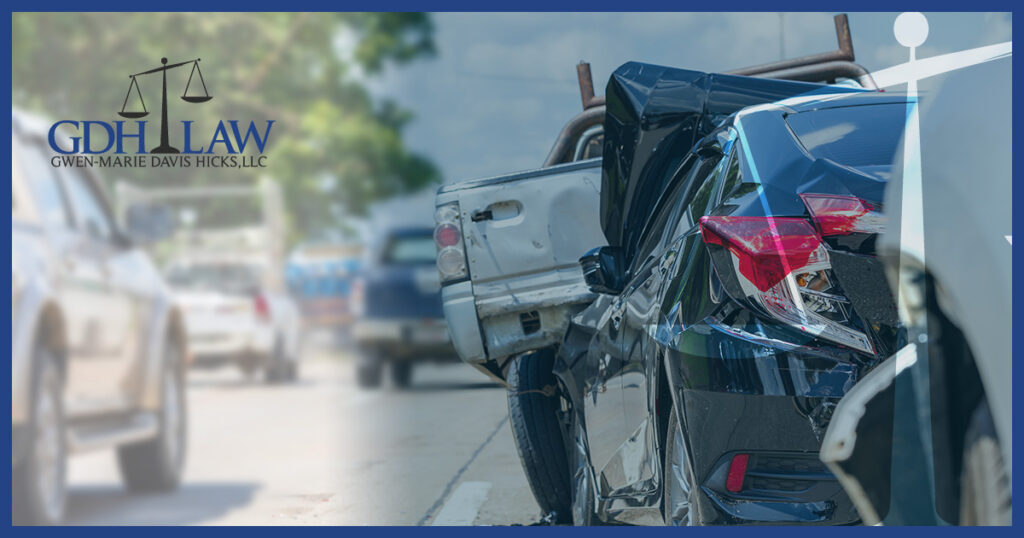
Unfortunately, car accidents can happen at any time. According to the Maryland State Police data, there have already been 72,209 crashes this year. If you have been involved in a collision, you might be left with serious injuries, financial burdens, and property damage.
How can you start the process of recovering compensation? In these cases, you need to know who is responsible for the accident. Sometimes, it can be one party, while other times, there may be multiple people responsible for the incident.
At GDH Law, we can help answer the question: Who can be sued in a car accident case? We’ll examine the different parties in these cases and explain how fault can determine the level of responsibility in a car crash.
The At-Fault Driver
In most cases, the at-fault driver is the primary person responsible for the accident. If this individual acted recklessly or carelessly, they can be held accountable for the damages caused. Some of these reckless examples include:
- Exceeding the speed limit or driving too fast for road conditions.
- Using a mobile phone, eating, or engaging in any activity that diverts their attention from driving.
- Operating a vehicle while under the influence of drugs or alcohol.
- Engaging in dangerous behavior, such as weaving between lanes or tailgating.
- Running red lights or stop signs.
If the at-fault driver’s negligent behavior was the cause of the accident, they could be held liable in a personal injury lawsuit. However, keep in mind that Maryland is a contributory negligence state. This low bar for recovery makes sure that the at-fault party is entirely responsible for the accident.
The Vehicle Owner
Sometimes, the person driving the car is not the vehicle’s owner. In these scenarios, the owner can still be responsible for any accidents that involve the car. This can only happen under a few circumstances. First, the owner must give permission to the driver to operate the vehicle. Along with that, the owner must have known or should have known that the person driving the car was unqualified to do so. One example would be when a parent lends their car to their teenage child, who is the at-fault driver, and they cause an accident. As a result, the parent could be held liable for the damages.
Employers
Some individuals drive a work car or truck as part of their job. In these cases, the employer may also be held liable. Under respondeat superior, employers are accountable for the actions of their employees while performing job-related duties. These situations usually are common with accidents involving commercial vehicles, such as delivery trucks, taxis, and rideshare services.
However, the employer is only responsible if the accident occurred while the driver was performing their work duties. Also, if the condition of the work vehicle leads to an incident, such as faulty brakes due to poor maintenance, then the employer could be accountable for these crashes.
Government Entities
Accidents do not have to be caused by a person. Sometimes, it can be a road condition. Crashes due to poorly maintained roads, defective traffic signals, or hazardous road conditions can lead to a local or state government being sued for damages. Unfortunately, these cases are more complicated than taking legal action against a private individual or company.
If you are in this situation, you have to file a notice of claim with the appropriate government agency within one year of the accident. These entities can also be sued in cases where it can be shown that they acted negligently in maintaining the roadways or traffic systems.
Vehicle Manufacturers
Vehicle defects can also be the cause of car accidents. In these cases, the manufacturer of the car or its parts may be sued for compensation. Defective brakes, airbags that fail to deploy, or tire blowouts are all vehicle defects that could lead to an accident. These cases differ slightly from personal injury claims. You will need to show that the vehicle or component had a defect, that it caused the accident, and that the defect existed when the product left the manufacturer’s control.
Third Parties
In these cases, you might be able to take legal action against other parties. For example, bars or restaurants that serve alcohol to visibly intoxicated individuals who later cause an accident may be held responsible. Pursuing claims against these establishments can be difficult, but some exceptions can apply in extreme cases.
If you were injured in an accident resulting from an unsafe construction zone, then the construction company could be liable. These parties must ensure that the roads are safe for drivers. In these cases, they could be accountable for these accidents if there were no barriers blocking a hazardous site or signs alerting of the dangers.
While some cases are pretty straightforward, other times, there could be a wide range of responsible parties. When you need to recover compensation for your injuries, lost wages, and other damages, you need to identify the responsible parties. Working with a skilled Maryland car accident lawyer can help you pinpoint the cause of the accident and assign fault for the crash.
In turn, you can get recovery for your injuries, damages, and other losses related to the case. A consultation with an experienced attorney can help you clarify your options.





